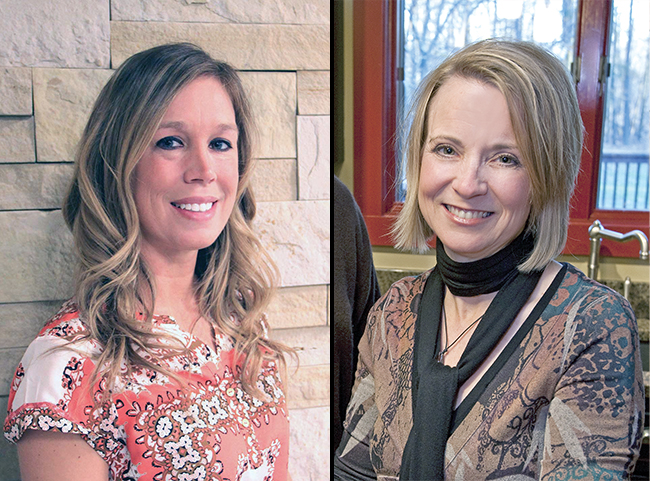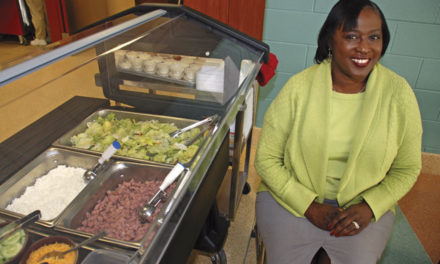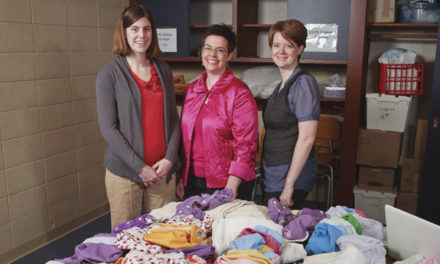
BY JANET MANDELSTAM
High school students at risk of not earning a diploma have extra support this year thanks to a new pilot program that places eight
educational coaches at 10 schools in southwest-central Indiana.
Regional Opportunity Initiatives (ROI) and Ivy Tech Community College–Bloomington launched the Graduation and Career Coaching Initiative to improve graduation rates, prepare students for postsecondary options, and ensure a qualified workforce for regional employers.
Educators at each of the schools, including Bloomington High School North and Bloomington High School South, identify the at-risk students who will work with the coaches.
Coaches report to Trudy Shaw at Ivy Tech. “They meet with the students every week and review their grades, attendance, and any disciplinary issues,” she says. “They can connect the students to tutoring and other resources. The goal is get a diploma and keep the students in their communities as working adults or in postsecondary education.”
Created through a $17 million grant from the Lilly Endowment, ROI is funding the program and leading its workforce development initiative. “We have to be thoughtful and strategic about the way we align education and workforce development,” says Tina Peterson, ROI’s interim CEO and president of the Community Foundation of Bloomington and Monroe County. “The region can’t move forward if we aren’t graduating kids from high school.”
To understand what jobs are available in the region and what skills are required to fill them, ROI is conducting an occupational needs assessment and interviewing some 60 employers, says Todd Hurst, ROI’s director of education and workforce. He says the three major industries in the region — life sciences, national security and defense, and advanced manufacturing — “all represent unique opportunities for this region” and for local students. ROI is taking the coaches to visit life sciences companies and Shaw says they will also tour Cook Group facilities.
The coaches — including former teachers, social workers, and a probation officer — have caseloads of 50–60 students. They work with students to create individualized strategies for completing high school and to develop postsecondary plans. One of the coaches recently brought students to Ivy Tech where they toured the campus, met the faculty, and “got some exposure to postsecondary opportunities,” Shaw says.
Those opportunities include earning technical certifications, associate degrees, and other postsecondary degrees. Hurst says the initiative helps ensure that “every student has a path toward a well-paying, fulfilling career in our region.”










